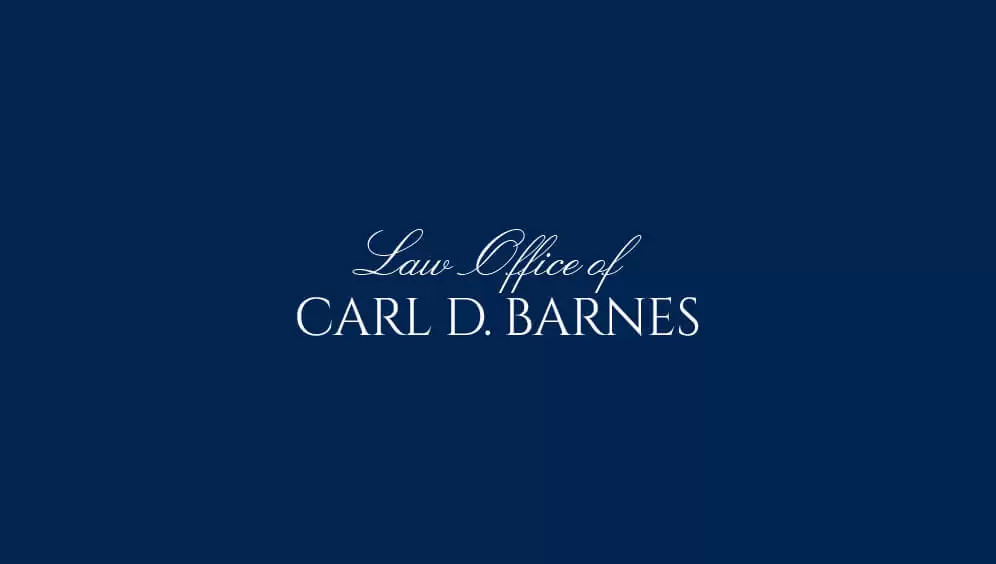Free Consultations
Are there different levels of TBI severity?

Depending on numerous factors, serious accidents can lead to a broad range of injuries. From broken bones and spinal cord damage to head trauma and paralysis, slip-and-falls and motor vehicle collisions could ultimately require medical treatment, hospital stays, surgery and physical therapy.
Based on the type of accident, traumatic brain injuries (TBI) are common. The victim does not need to necessarily experience any level of head impact to suffer damage. A jarring motion with significant force can cause the brain to strike the inside of the cranium with enough intensity to result in structural or functional damage.
Medical professionals measure the severity of a TBI according to the Glasgow Coma Scale. Care specialists assess points based on an individual’s responses to stimuli, their ability to speak and respond to questions, and various levels of fine motor control. A higher point total indicates a lower severity. According to this scale, there are three levels of severity for a TBI:
- Mild: When an individual scores 13 or more points on the Glasgow Coma Scale, medical professionals diagnose them with a mild traumatic brain injury. This means they will likely not suffer extended bouts of unconsciousness, but they will often struggle with symptoms including confusion, nausea, headache and neck pain. Additionally, injured individuals might experience perceptive difficulties such as blurred vision, ringing in the ears and dizziness.
- Moderate: A score ranging from 9 to 12 on the scale indicates a moderate TBI. More serious than a mild TBI, these individuals will likely face a bout of unconsciousness lasting more than 30 minutes. Additionally, these individuals will likely suffer from a persistent headache, nausea and vomiting. There will be other physical symptoms including slurred speech, weakness in the arms or legs, or seizures.
- Severe: On the Glasgow Coma Scale, a score below 8 indicates a severe TBI. Individuals suffering from a severe TBI are often unconscious for six hours or more. This condition requires extensive medical attention and nearly a third of all diagnosed severe TBI cases prove fatal.
Much like any type of injury, head trauma contains numerous levels of severity. From mild cognitive impairment or perceptive challenges to long periods of unconsciousness and the possibility of death, TBI severity can occupy a broad range. Commonly, the long-term prognosis and the potential course of treatment are tied directly to the Glasgow Coma Scale. Depending on the type of accident, individuals can suffer life-changing injuries.

2500 East Colorado Boulevard
Suite 350 Pasadena, CA 91107
Pasadena Law Office Map

